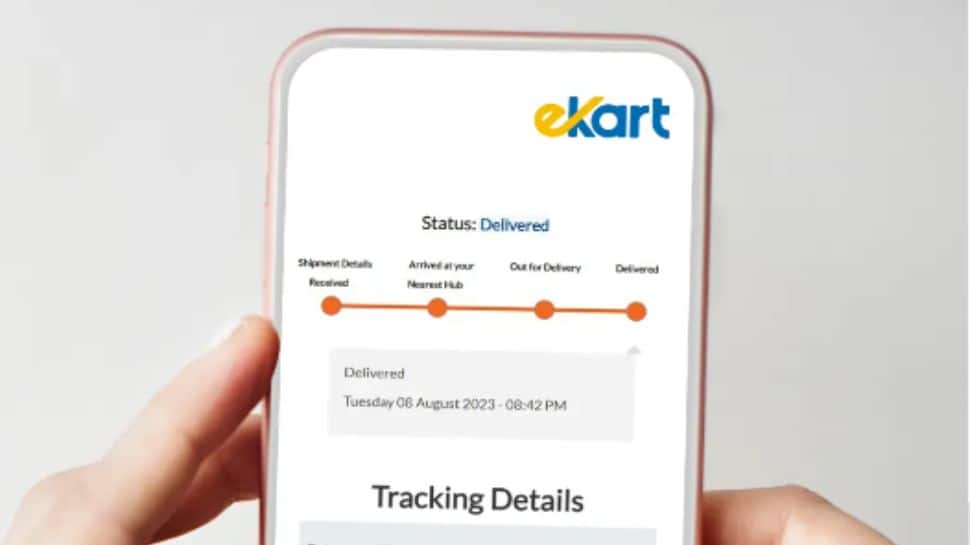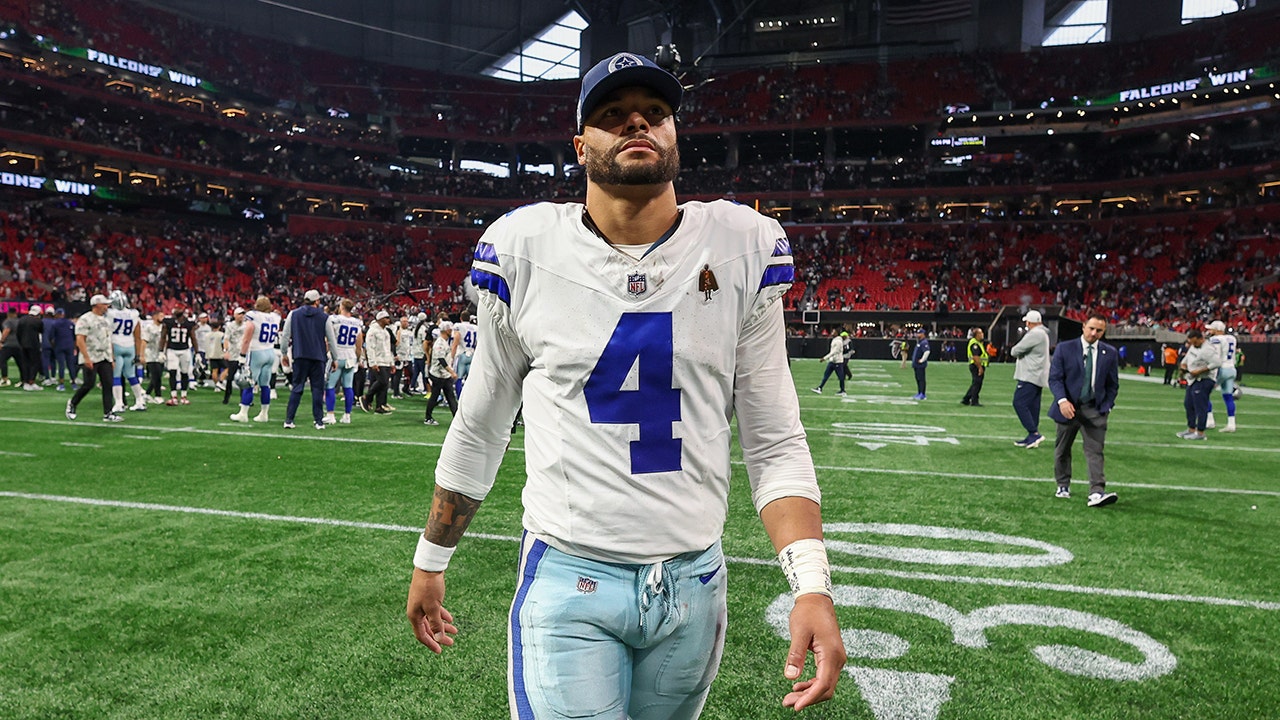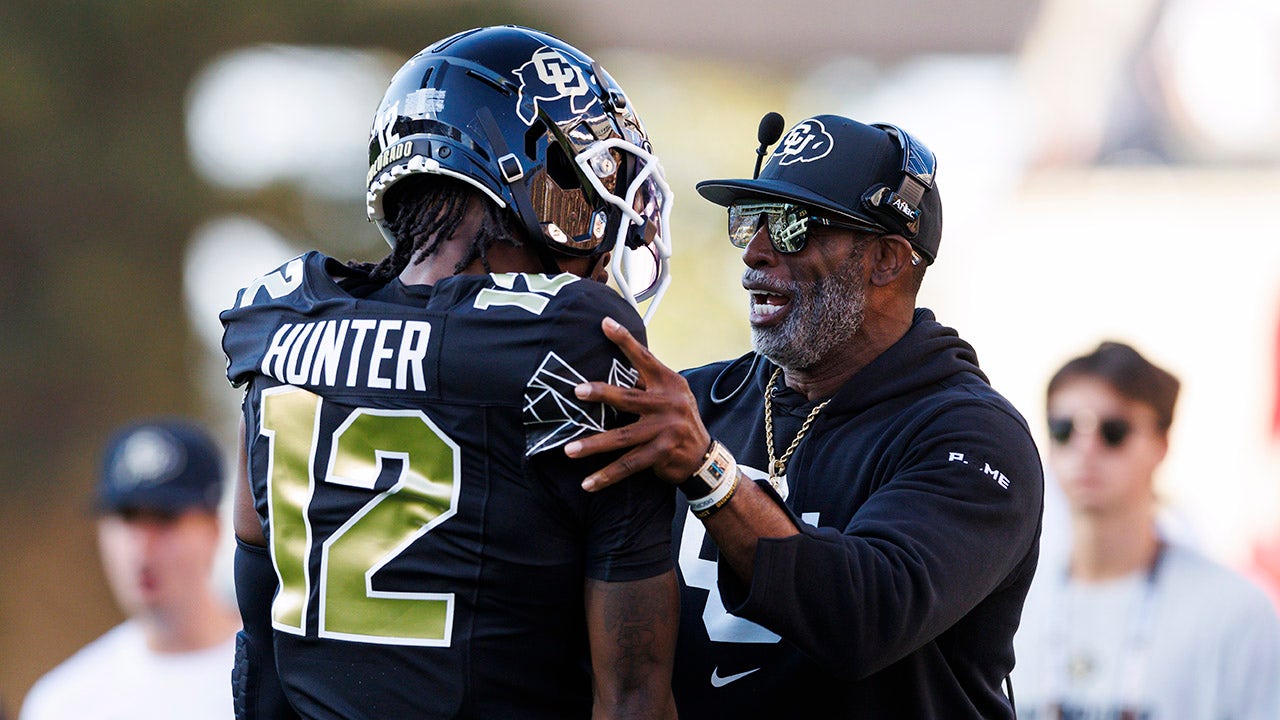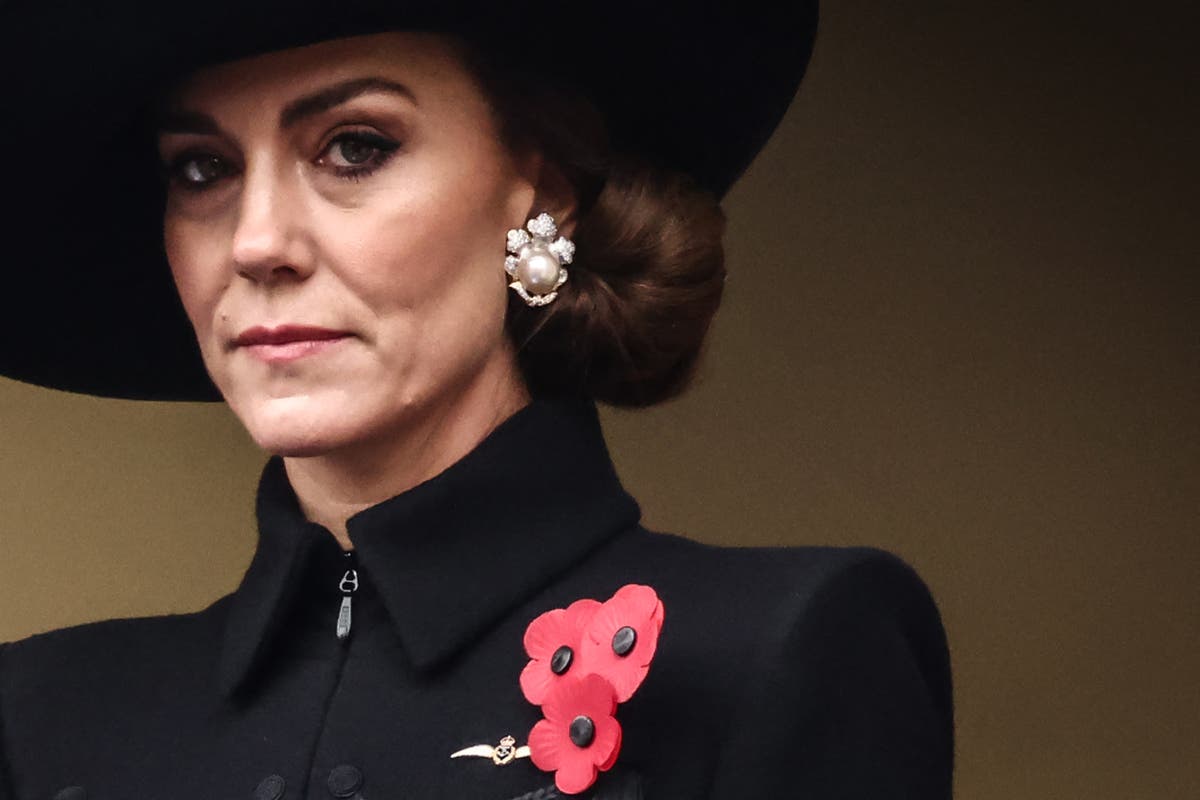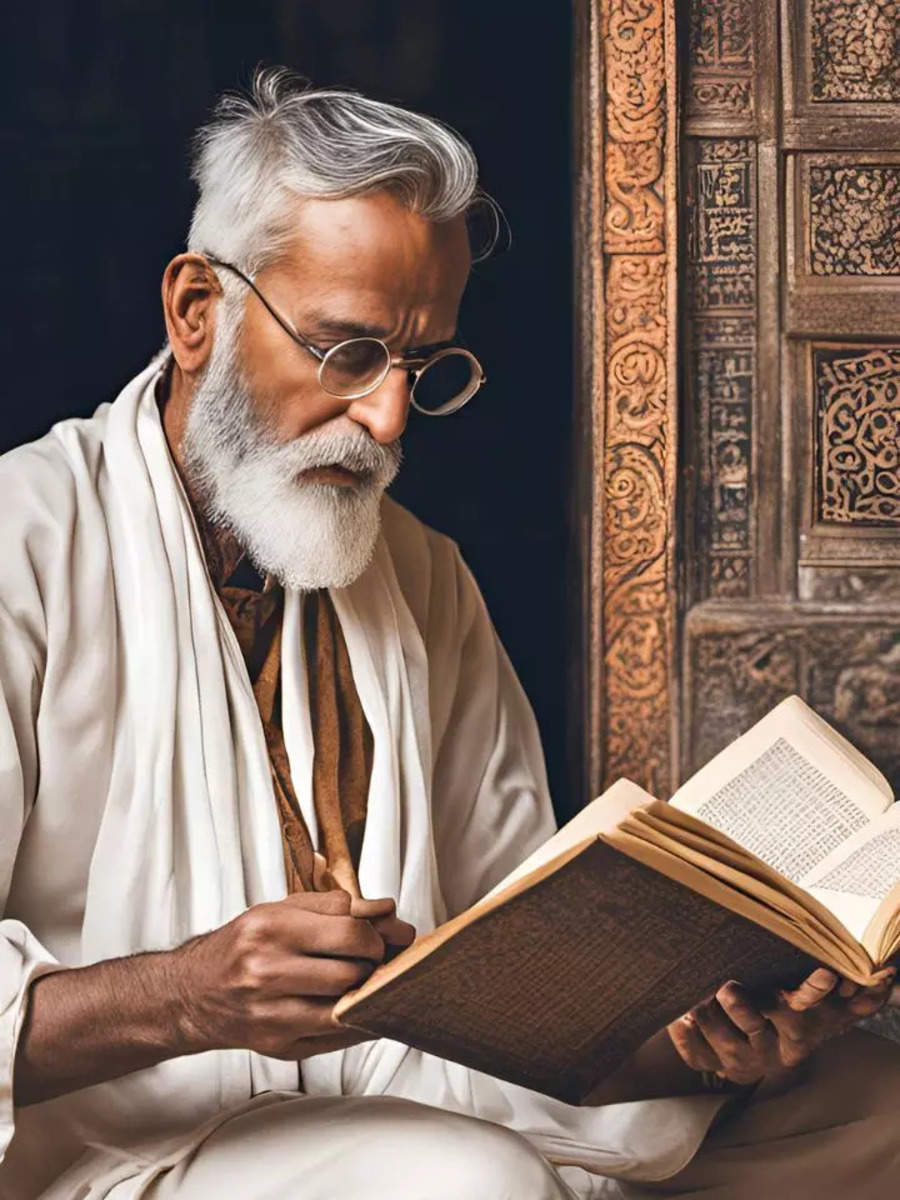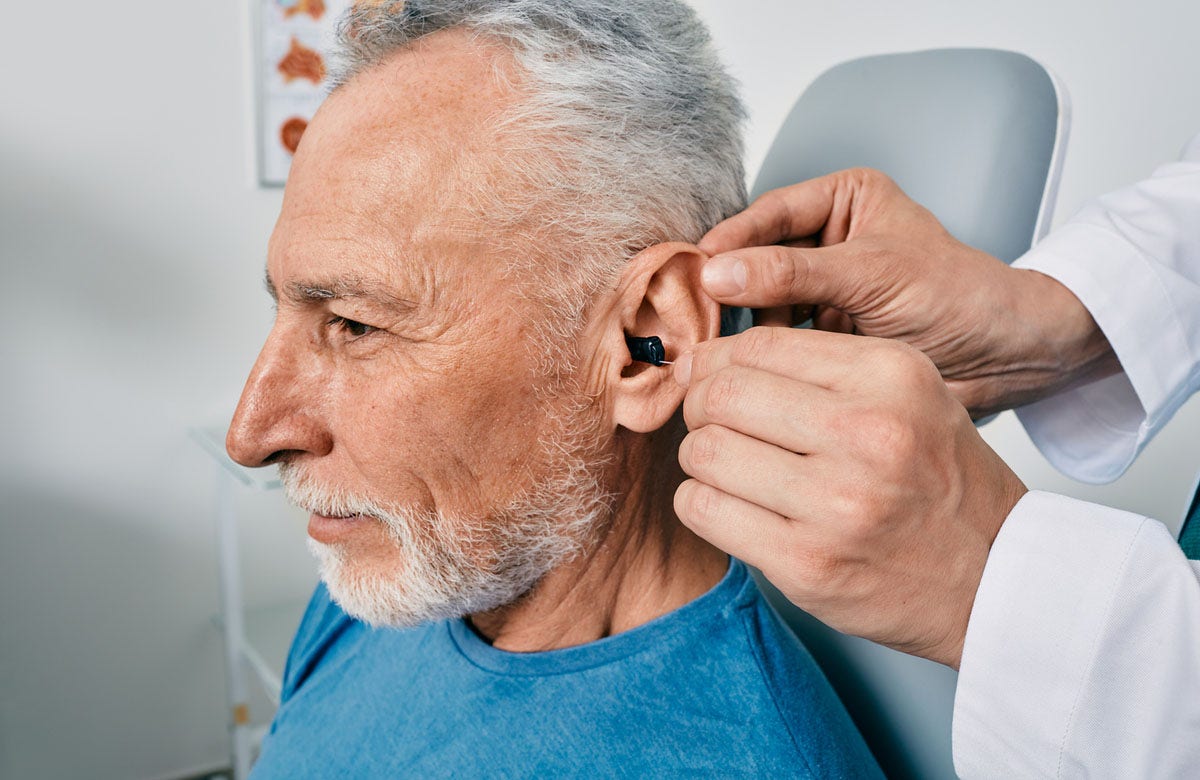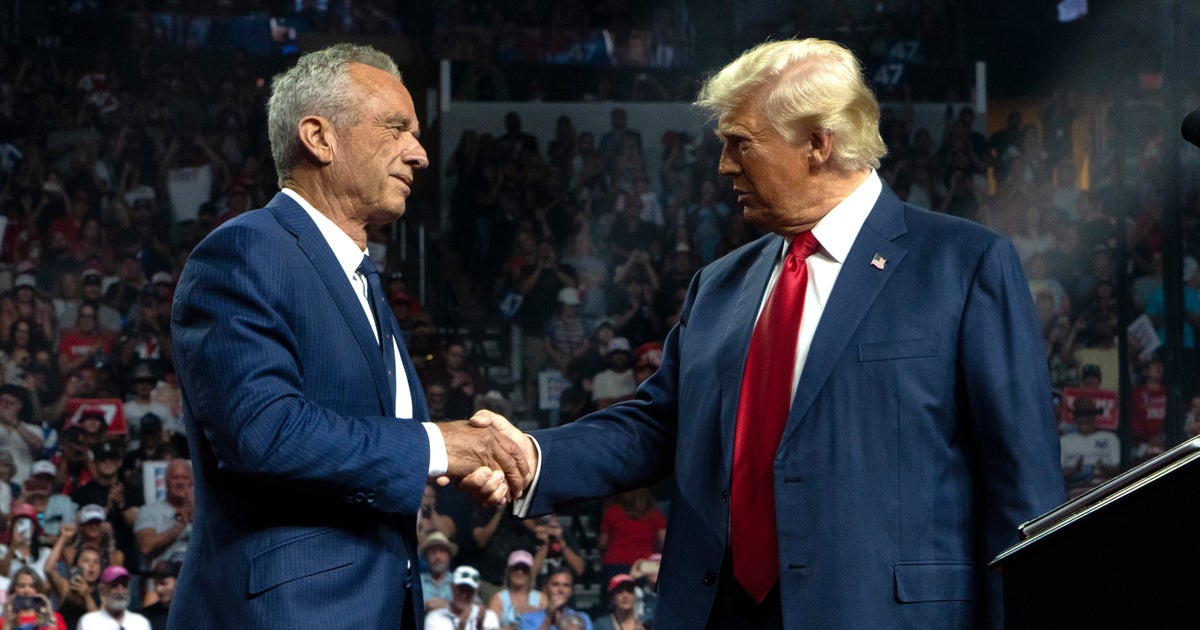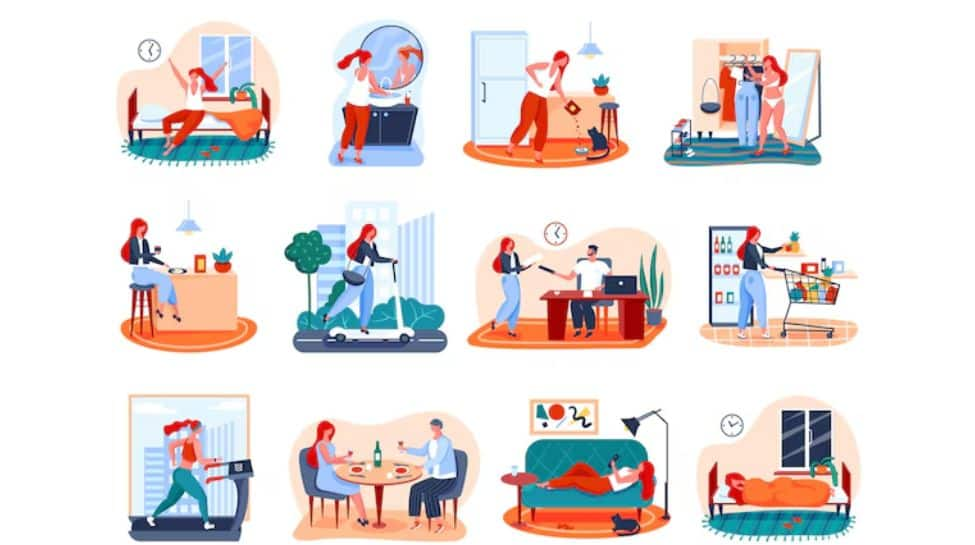“It was a labor of love for us to tell Wendy’s story with dignity and responsibility,” Hanson said.
Even now, with the knowledge of her diagnosis, the producers said in a Tuesday interview with The Washington Post that they stand by their decision to air Williams’s discomforting moments, hoping it will spark conversations about guardianships.
The following interview has been edited for length and clarity.
Q: How has the documentary been received by viewers and Williams’s family?
Ford: The response has been overwhelming, [with] an incredible amount of polarizing opinions. We always knew it would be. But we think it’s raising an incredibly important topic, which is what can happen to someone when they’re placed under a guardianship outside of their family’s purview.
We spoke to the family before the documentary and after it aired. And they’re, of course, overwhelmed by the amount of support and commentary. But they were and remain really supportive of the topic.
Hanson: We know that there are times that it’s hard to watch. It can be painful and sad, and it was that way filming, too. But to be able to shed light on the reality of Wendy’s life during that period of time under the guardianship was so important to us. And it’s been really interesting to see viewers have that same kind of reaction of empathy and understanding.
Q: How did you connect with Wendy, and what were you trying to accomplish with the documentary?
Ford: Initially, it was the continuation of the documentary that we did with her, “Wendy Williams: What a Mess!” It was just intended to pick up the story where that left off and follow Wendy [as she] gets her career back on a trajectory and gets back in the public eye via a podcast.
It became apparent over the months of filming that she wasn’t going to be in a place to launch a podcast. The story was revealing itself as something else. We had no choice but to keep going towards this truth.
In the film, you can see the filmmakers wrestling with a lot of [unanswered] questions and concerns. We wanted to understand why Wendy was alone in this New York apartment, kind of on her own volition without a lot of care, without a lot of food in the fridge, and access to alcohol. Why was this happening, and why was the family not a part of this?
As we got into filming, the family’s point of view became front and center.
Hanson: I was drawn to this story originally [because] Wendy is such an icon and extraordinary figure in pop culture [who’s] so forthright in her thoughts and opinions.
As we began to film, we became very concerned about her and her relationship with alcohol. It’s a two-story apartment. She has lymphedema. We were all terrified that she would fall down the stairs. And a lot of us in our own lives have been touched by addiction.
We didn’t know about the dementia diagnosis at all. It was really only until the very end of us filming that we found out, when the family shared that with us. It was a labor of love for us to tell Wendy’s story with dignity and responsibility. At times, it was challenging, [like] when we went to go film her getting vapes. That was a really good example of: “How and when do we stop filming? What’s in her best interest? But how do we also shed light on this terrifying reality of what her world was like?”
Q: What shocked you most while filming?
Ford: The most shocking part of filming is that everything that you see in this documentary occurred while Wendy was supposed to be under the care of a court-appointed guardian that’s entrusted with her finances and her health.
This could be the level of care that any of our family members could be receiving if they’re put under a guardian’s care, and this is the world-famous Wendy Williams. There are so many other families out there that don’t have a platform to tell their stories. None of us got into this film thinking it was going to be covering a guardianship. But we couldn’t shy away from that truth.
Hanson: The truth at times isn’t comfortable. And to show someone’s fragility, the truth was hard in this situation.
Q: How involved was Wendy in the production of the documentary? Did you have any qualms about showing her in such a vulnerable state?
Hanson: Every day, we talked to Wendy about what we were doing. She was aware of everything we were shooting, and she had opinions about whether she wanted to do it or not. She’d let us know if she was done for the day. We wanted to strike a balance. It was important to show things that at times are difficult to watch to really show what she was dealing with. After we found out [about] the diagnosis, we stopped filming shortly after that. So it was a day-by-day decision of how to navigate her world.
Ford: Once we knew the diagnosis, the story shifted into the family’s point of view about the guardianship and the level of care that Wendy was receiving. That’s really the only additional filming we did.
Wendy was an EP on it. She had opinions. In the beginning of the documentary, Erica asked her: “Are there any things you’re not comfortable with? Are there any boundaries here that we shouldn’t cross?” Wendy said, “No, ask me anything.” That’s very true to the Wendy that we all know and love.






